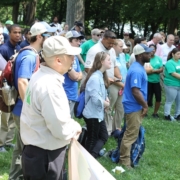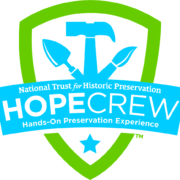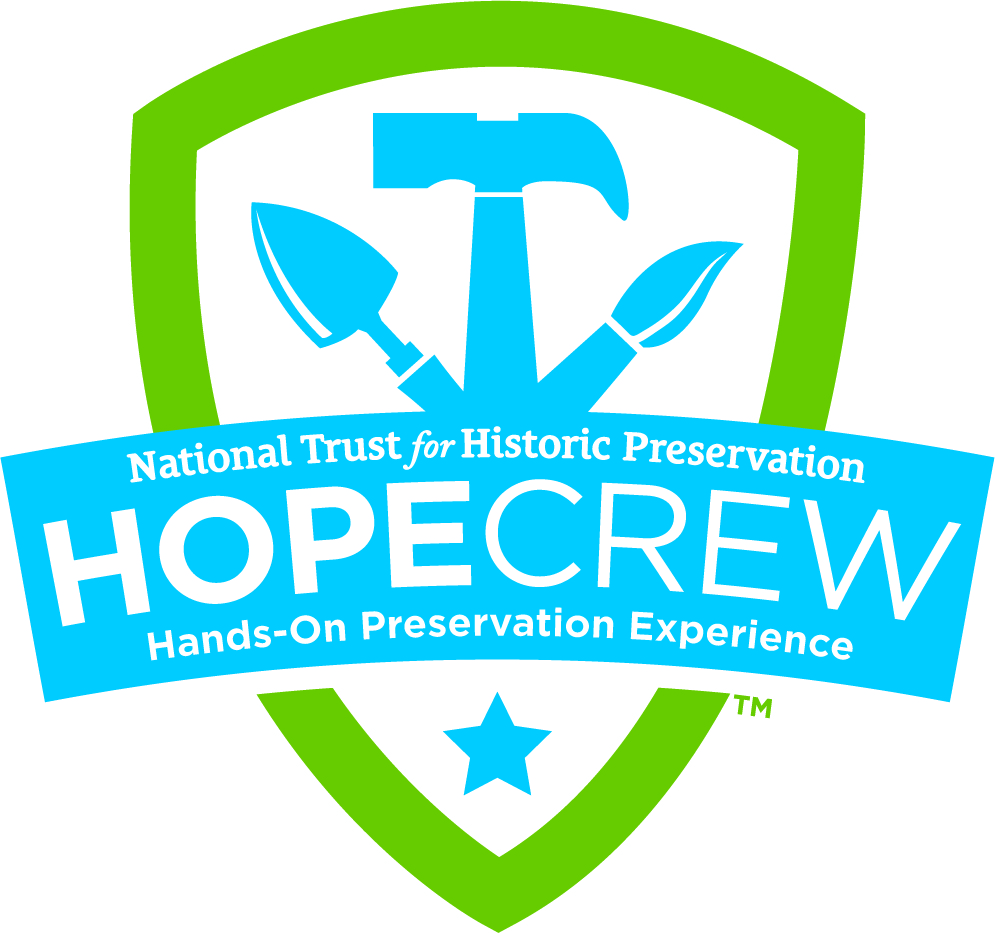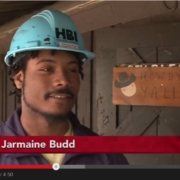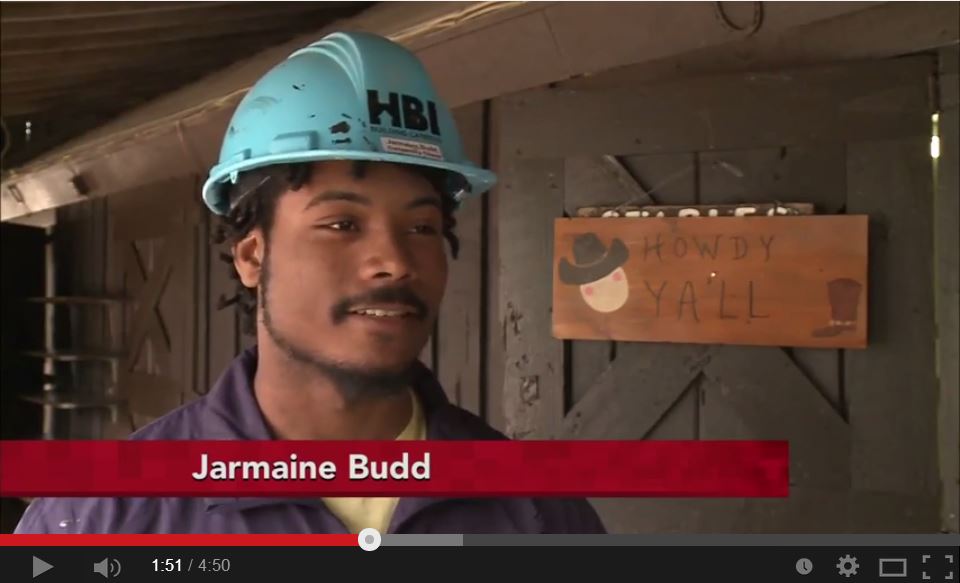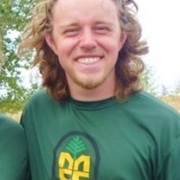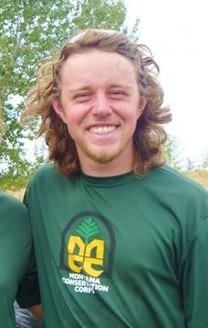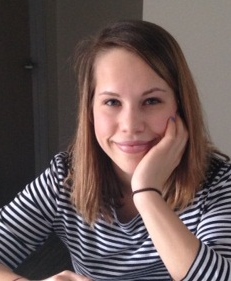Maine Conservation Corps Receives $352,000 in AmeriCorps Funding

Article, written by Jym St. Pierre, appears on Maine Environmental News.
The Corporation for National and Community Service has awarded $1.29 million in grants for 2014 to three Maine AmeriCorps organizations, including $351,583 for the Maine Department of Agriculture, Conservation and Forestry’s Maine Conservation Corps (MCC). Maine Conservation Corps AmeriCorps members work with local communities to create and maintain sustainable trails in Maine State Parks and public lands.
Governor Paul R. LePage welcomed the news that more young people will have the opportunity to work in Maine communities. “This is an excellent opportunity to serve Maine communities and get the skills and confidence that comes from working with others to achieve goals,” said Governor LePage. “The Maine Conservation Corps has done tremendous work making positive contributions to our great State and Nation.”
Maine Department of Agriculture, Conservation and Forestry (DACF) Commissioner Walt Whitcomb also welcomed news of the award and highlighted the important work that the MCC does on behalf of Maine citizens. “81 AmeriCorps national service members will help build infrastructure in our public places that generations of visitors can enjoy,” said Whitcomb. “With hard work they build the trails, clear the brush and learn hands-on conservation techniques. Since 1983, MCC-supported projects have helped make America’s beautiful parks more accessible to visitors.”
The MCC’s four-fold mission is to: accomplish conservation projects, create conservation employment, provide conservation education, and engage conservation volunteers. Some of the scheduled summer trail projects that AmeriCorps national service members will accomplish include:
Southern Maine
Vaughan Woods State Park, South Berwick Bradbury Mountain State Park, Pownal Pineland Public Land Unit, Gray/New Gloucester
Northern Maine
Deboullie Mountain/Deboullie Public Reserved Land, Saint Francis Barnard Mountain/Elliotsville Plantation, Inc., Patten Number 4 Mountain/Little Moose/Eagle Rock, Greenville
Western Maine
Tumbledown Mountain, Weld Mt. Blue State Park, Weld Grafton Notch State Park, Newry
Eastern Maine
Schoodic Woods, Winter Harbor
The Maine AmeriCorps national service positions are among $205 million in grants across the country that will allow more than 43,000 Americans to serve as AmeriCorps national service members. These funds will support over 280 organizations engaged in national service, including Habitat for Humanity, the American Red Cross, the Maine Conservation Corps, Catholic Charities, Bangor AmeriCorps Opportunity Collaborative, LearningWorks AIMS HIGH, and many others.
More information on the 2014 AmeriCorps national grants and the 2014 national grantee list can found at https://www.nationalservice.gov.
More information on the Maine Conservation Corps can be found at https://www.maine.gov/doc/parks/mcc.
Information on applying for a term of AmeriCorps national service can be found at my.americorps.gov.





